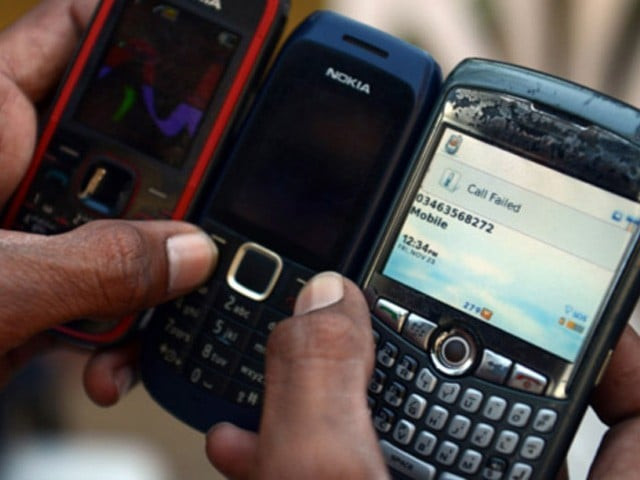Mobile health units falter in broadening scope
Residents of under-served rural areas demand provision of healthcare facility

The scope of mobile health services in the Rawalpindi district remains limited, with only two mobile field health units available to serve the district's seven tehsils. This shortage has highlighted the urgent need to expand the number of mobile health units to meet the healthcare demands of the rural population.
In rural areas across Punjab, these mobile field health units, mounted on large trailers, are dispatched to various locations based on consultations with members of the national and provincial assemblies.
The local population is informed in advance about the arrival of these units, which provide free medical check-ups, essential diagnostic tests, and medications. If a patient requires further treatment or hospitalisation, they are referred to a government hospital for comprehensive care.
Recently, under the supervision of the District Health Authority, one of these mobile field health units was deployed to Thatha Khaleel in the Taxila tehsil of Rawalpindi district.
The unit received 152 visitors, offering a range of diagnostic tests including Complete Blood Count (CBC), liver function tests (LFT), renal function tests (RFT), blood sugar random (BSR), viral markers, ultrasound (USG), and X-rays. Along with these tests, free medications were provided to those in need.
Similarly, in the Angori area of Murree, another mobile field health unit treated 106 patients, providing them with free tests and necessary medications. These services have proven to be invaluable for residents of remote areas, who often face challenges in accessing regular healthcare facilities.
When contacted, Dr Jawad, the focal person of the District Health Authority, confirmed that the district currently operates only two mobile field health units.
Despite the limited resources, these units have been successful in providing essential medical services to both men and women in the rural areas they serve. Dr Jawad emphasised the importance of these units in bringing healthcare closer to the homes of rural residents.
In cases where a patient requires hospitalisation, the field health unit issues a proper referral to a government hospital, ensuring that patients receive the necessary follow-up care.
The mobile health units are an essential lifeline for rural communities, offering critical medical services in areas where healthcare infrastructure is often lacking. However, the limited number of units restricts their reach and effectiveness, underscoring the need for an expansion of this service to adequately cover the entire district.
As healthcare needs in rural areas continue to grow, the expansion of mobile health services will be crucial in ensuring that all residents have access to timely and effective medical care.






1724319076-0/Untitled-design-(5)1724319076-0-208x130.webp)












COMMENTS
Comments are moderated and generally will be posted if they are on-topic and not abusive.
For more information, please see our Comments FAQ